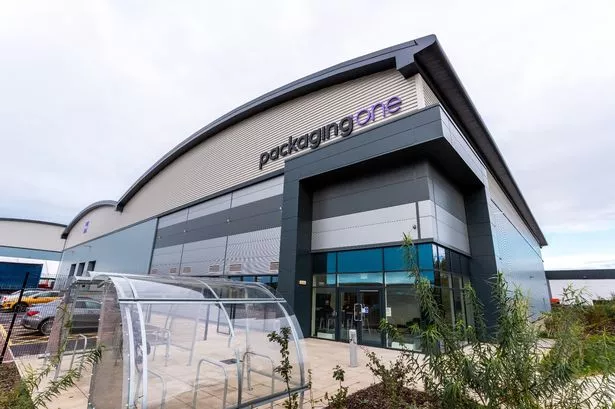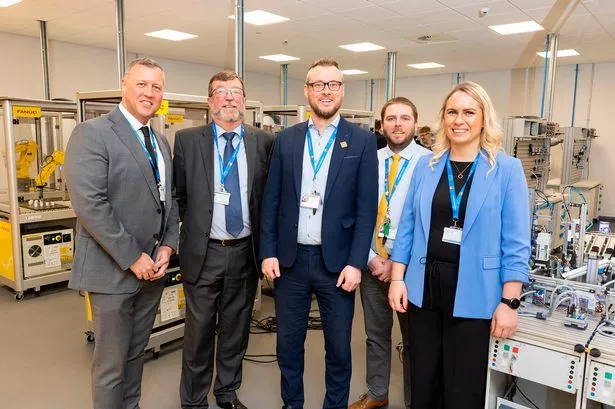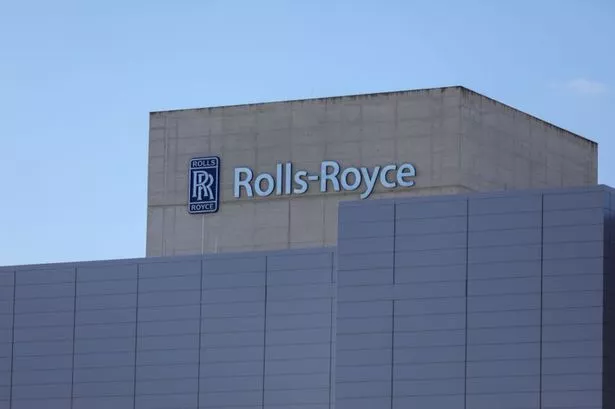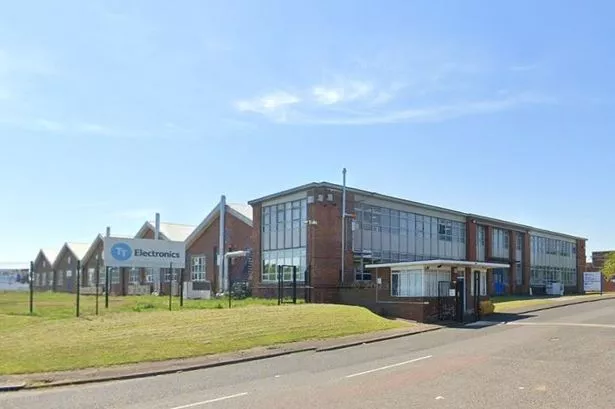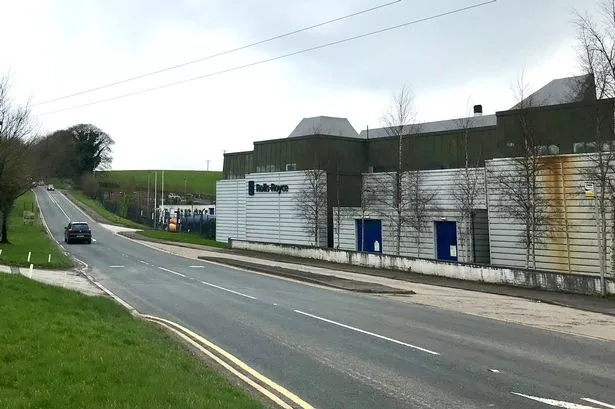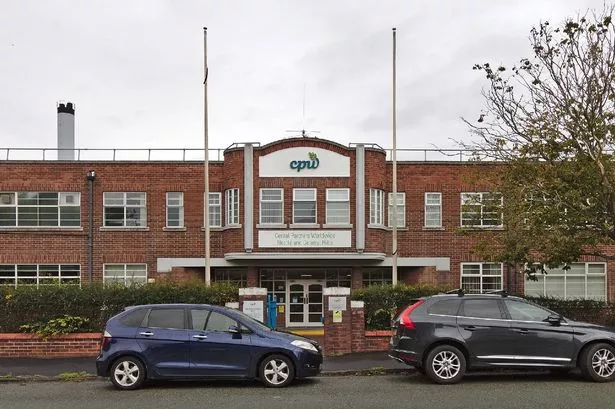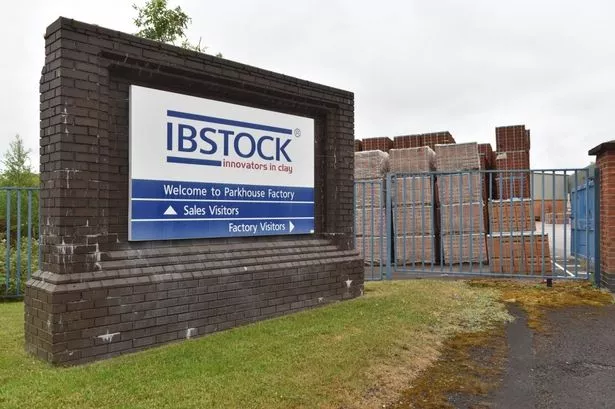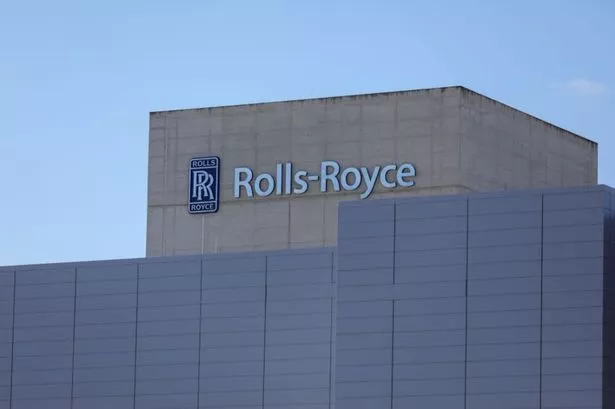
Challenging times at North East manufacturer Ebac have continued with the firm defaulting on a loan from a retirement fund, new accounts show.
The Durham business, which makes washing machines, dehumidifiers, water coolers and heat pumps, has published delayed accounts for 2023 which show the continuation of a “challenging” few years.
Recent years have seen Ebac investing heavily on new products, including domestic heat pumps suitable for the average UK home, and while the firm’s work on these products is beginning to bear fruit it has impacted profits, as well as its workforce, which was reduced from 254 to 188 as part of efforts to reduce its costs and boost performance.
Accounts for 2023 show turnover of £17.75m down 18% on previous year’s £21.7m, although its operating losses narrowed from £2.7m to £1.53m. The accounts showed administrative expenses were significantly reduced from £8.2m to £5.95m, reflecting its restructuring initiatives.
During the year the firm defaulted on a loan to the Trustees of Ebac Limited Retirement Benefit, a pension fund for founder John Elliott and family members, when it couldn’t make repayment on a loan of £1.57m. It said the company is in discussion with the trustees of the scheme to roll over and extend the loan repayment “however no agreement has been reached in relation to the proposal but the trustees have not indicated they will seek repayment of the loan before the end of the term of the loan”.
Within the accounts, founder John Elliott said the firm continued with its work on new product development, although the investments weakened its bottom line.
He said: “Despite a challenging market environment, the accounts for the year ending 2023 demonstrate an improvement in our financial performance compared to 2022. Although turnover is down our losses have reduced. This decrease was primarily attributable to necessary strategic changes.
“During 2023, we continued with product developments that are looking very positive. Our British-designed heat pumps and home ventilation and dehumidification systems have USP’s that are receiving strong interest from landlords, social housing organisations and national builders. These products also have synergy with our technology and market know how.
“While these products have not yet translated into revenue growth, we strongly believe they will deliver significant profits and will make Ebac a leader in energy-efficient and sustainable home solutions. We have spent more than £3m on these projects which has meant high borrowings and weakened our balance sheet.
“We are currently going through a re-financing process where the directors and some of the related party liabilities are going to be capitalised to stabilise and strengthen the balance sheet.”
Following publication of the 2023 accounts a spokesperson warned that results for 2024 will show a worsening if its financial position, but said that the family firm had put in millions of its own money to transform the company - a move which it said was already working in the new financial year.
The spokesperson for Ebac said: “Despite a challenging market, the accounts for the year ending 2023 demonstrate an improvement in our financial position compared to 2022. We expect our 2024 year to be our worst in terms of losses, due to huge investments in new products including a new line of heat pumps and loft ventilation systems.
